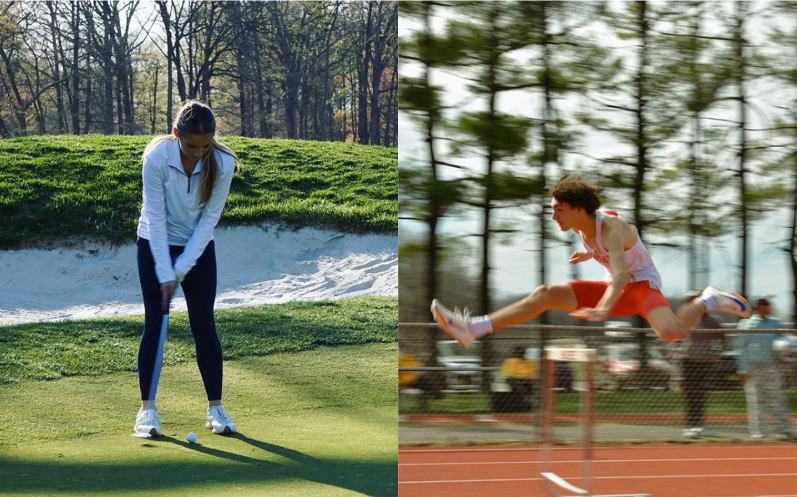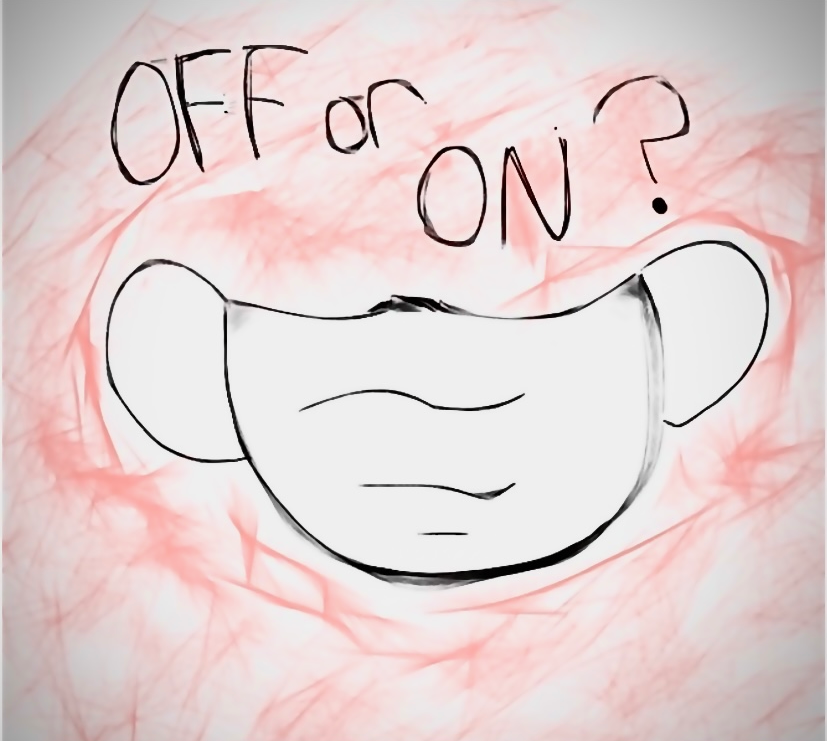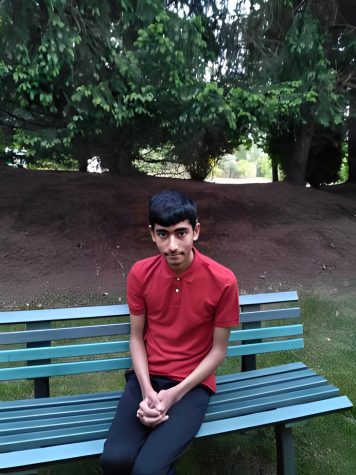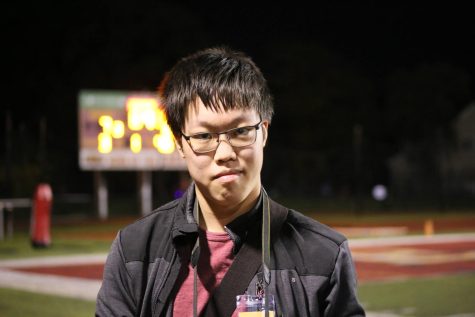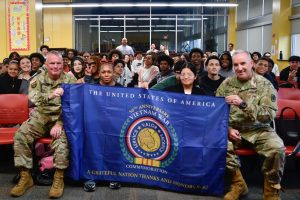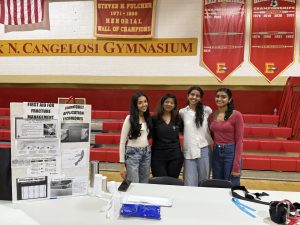Masks On or Off?
Edison High Chooses
Do we still wear it or not?
March 16, 2022
The New Jersey statewide mask mandate for schools ended on Monday, March 7. As such, Edison Township Public Schools no longer requires students and staff to wear masks indoors. Masks are also optional on school buses, as the federal bus mask mandate ended on February 25.
“We respect everyone’s right to choose to wear a mask or not now that the government mandate is being lifted,” said Dr. Bernard Bragen, the superintendent of Edison Public Schools.
The move came as the district reports a decreasing number of COVID-19 cases in Edison High for the past three weeks as of March 7. The district reported two cases for the week of February 14, two cases for the week of February 21, and one case for the week of February 28. As of the time of publication, the district had not yet reported the number of cases for the week of March 7.
These numbers reflect a change in the trend from early January, when weekly cases were regularly reported in the double digits.
Some students and staff think that lifting the mandate is a necessary step to return to regular life.
“As a society, I truly believe we are moving in the right direction,” said physical education teacher Mr. Robert Roma. “By giving people a choice, they are able to take their personal safety in their own hands as well as respect others who choose to continue to wear a mask.”
“As long as students who are tested positive or show symptoms are quarantined, I don’t see a need for masks,” said Miguel Díaz ‘22.
“I think it is fine because COVID cases are going down anyway,” said Mann Chaudhari ‘25.
Other students believe the mask mandate should continue for longer. Even without the mandate, a majority of students have chosen to continue wearing masks.
“Now, without the mandate, there’s a higher risk of spreading with the same crowded hallways and close proximity we have with people all the time,” said Archit Dwivedi ‘24.
“I’m going to keep [my mask] on until 75% of the school has it off,” said Chaudhari.
Of the complaints made by teachers about in-person schooling, the limitation of student facial expression posed by mask wearing stands out as an issue. The ending of the mask mandate offers instructors more freedom in lesson planning and a distinct change in the way they interact with students.
“[The mandate’s end] will impact my teaching for the better. I am personally enthusiastic about being able to teach without a mask,” said history teacher Ms. Jennifer Sidorski. “It is also nice to be able to see faces for those who are feeling comfortable and helps me better recognize students’ expressions and how they’re feeling or reacting to what is going on in class.”
The impact of the mandate’s end on student sports still remains unclear.
“I don’t actually believe ending the mask mandate would affect the sports that much, because while playing and practicing, masks weren’t required, even in the fall. The only places they were required were the buses and locker rooms,” said Dwivedi, who played soccer in the fall season.
“Sports are another ball game, literally. If a student athlete chose to continue to wear a mask, they would have to understand the expectations, as well as the physical aspect of the particular sport,” said Roma.
The impact of the end of the mask mandate on COVID-19 transmissions in the school is uncertain as well.
“[COVID-19 cases] came back up a little bit, since the mask mandate went away, but nothing significant, to my knowledge,” said Nurse Joanne Madeline. “I think it’s too soon to tell, since it’s only been a week. You’re going to see changes in two to three weeks, if there’s going to be any.”














































































